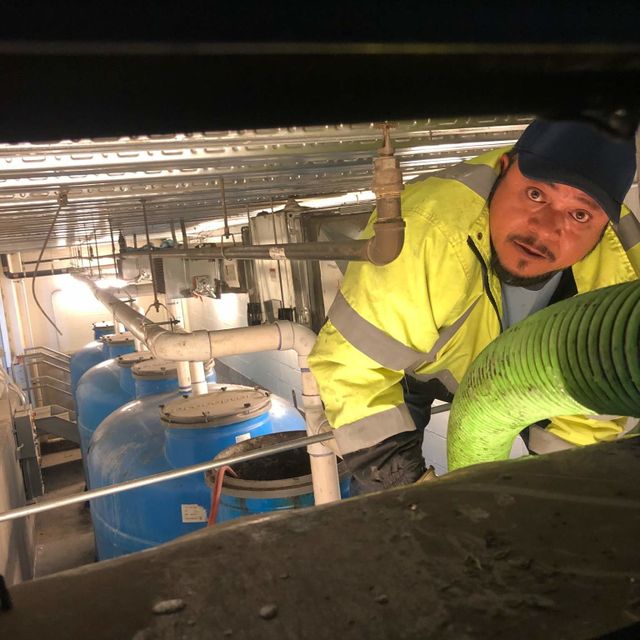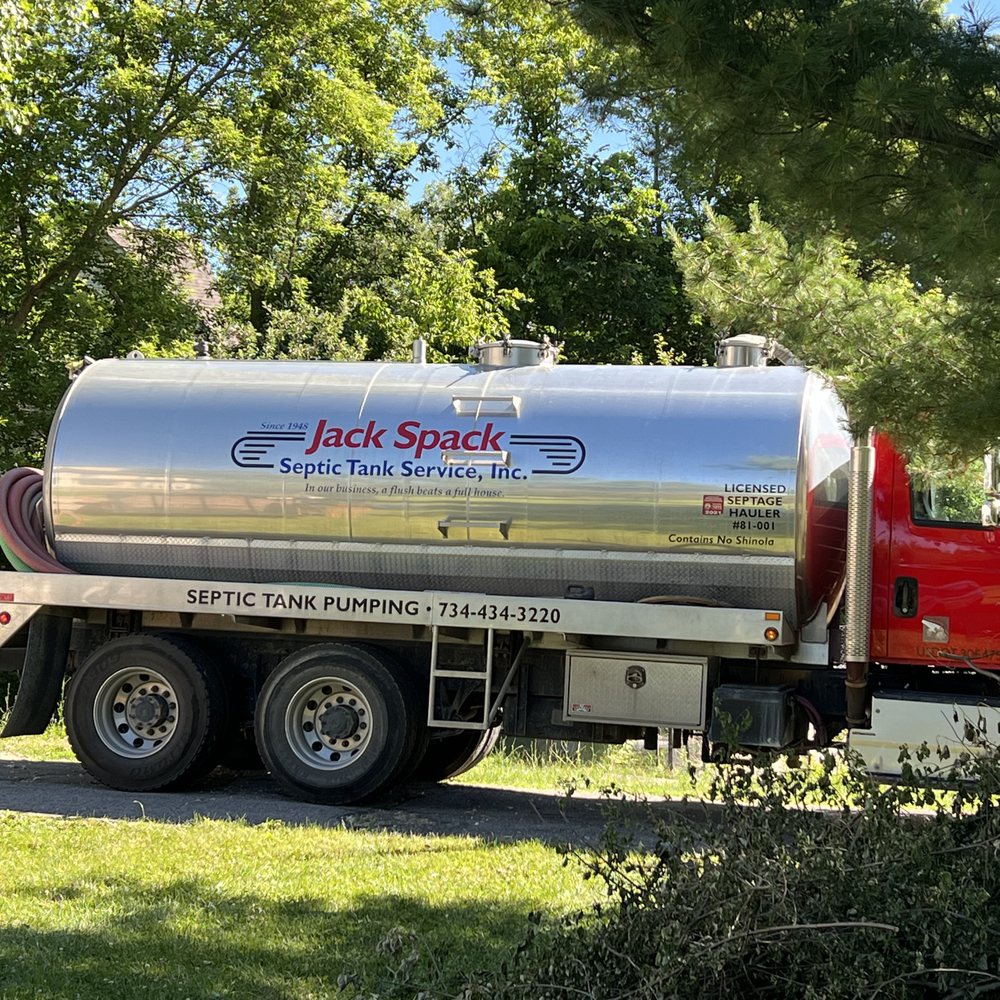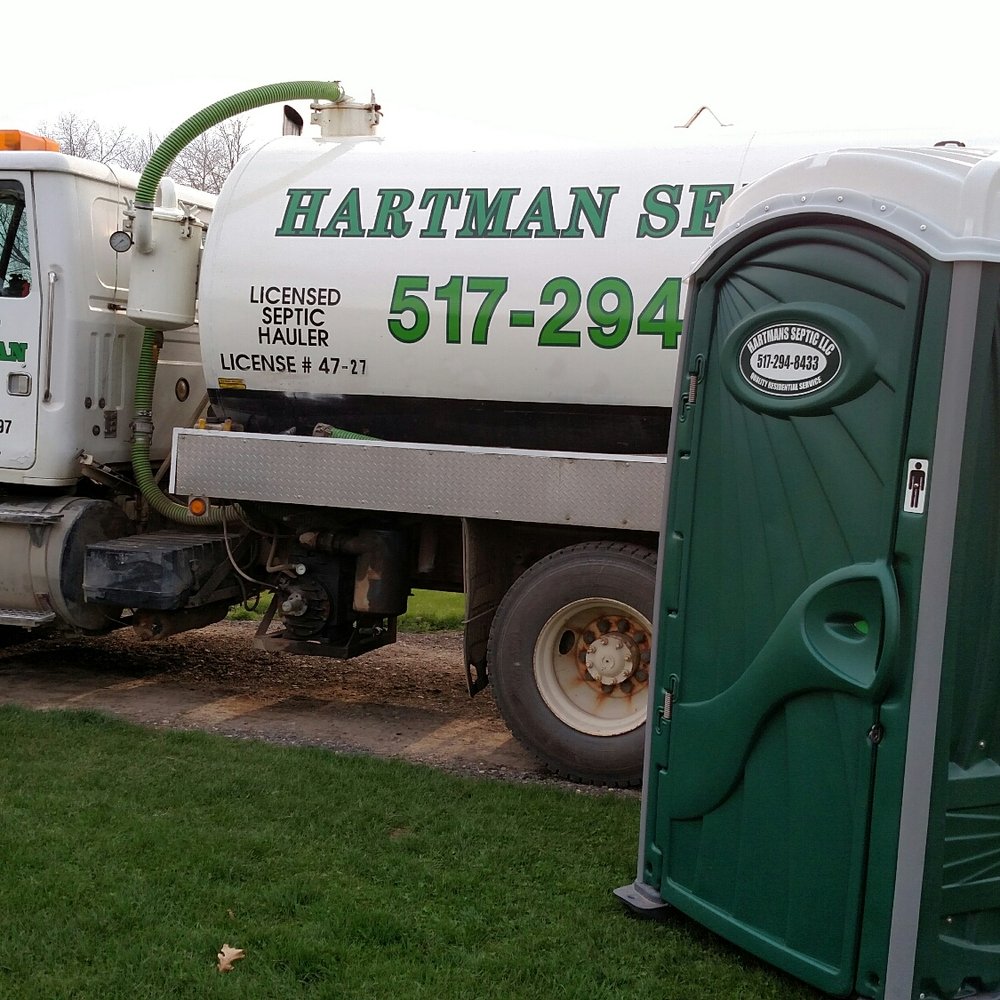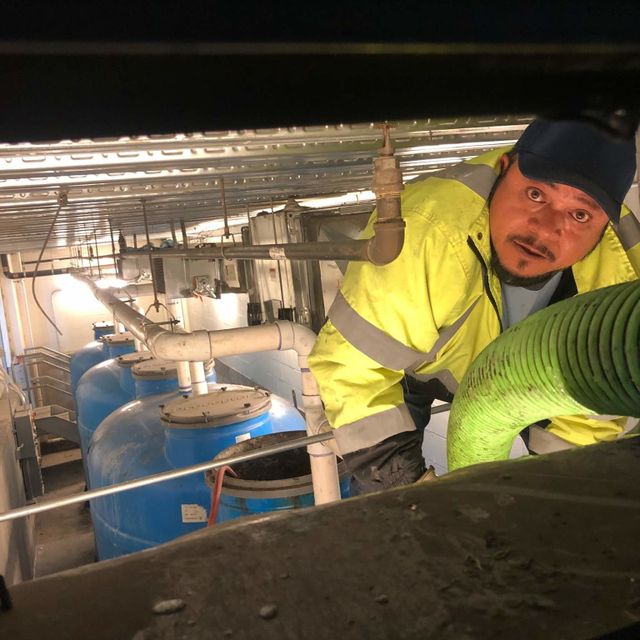If you’re a resident of Brighton and in need of septic tank cleaning services, look no further. Our expert team specializes in providing efficient and reliable septic tank cleaning solutions tailored to meet your needs. With years of experience and state-of-the-art equipment, we ensure thorough cleaning and maintenance to keep your septic system functioning at its best. Say goodbye to septic tank problems and hello to a clean and odor-free environment with our trusted septic tank cleaning services in Brighton.
Benefits of Regular Septic Tank Cleaning
Regular septic tank cleaning offers several benefits that contribute to the overall well-being and functionality of your septic system. By investing in regular cleaning and maintenance, you can:
Prevent costly repairs
Neglecting septic tank maintenance can lead to significant damage and expensive repairs down the line. Regular cleaning removes accumulated solids and helps prevent blockages, leaks, and system failures. By addressing potential issues early on, you can save yourself from the headaches and expenses associated with major septic system repairs.
Maintain proper functioning
A clean and well-maintained septic tank operates more efficiently, ensuring the smooth flow of wastewater through the system. Regular cleaning removes excess sludge and scum, preventing clogs and backups that can disrupt the functioning of your septic system. By maintaining proper functioning, you can avoid inconveniences such as slow drainage and sewage backups.
Ensure environmental safety
Septic systems play a crucial role in safeguarding the environment by treating and disposing of wastewater effectively. Regular cleaning helps prevent contamination of groundwater, which is a vital source of drinking water. By ensuring the proper functioning of your septic system through regular maintenance, you can contribute to the preservation of our precious natural resources and protect the surrounding ecosystems.
Signs that Your Septic Tank Needs Cleaning
It’s crucial to be aware of the signs that indicate your septic tank is due for cleaning. By recognizing these signs early on, you can address the issue promptly and avoid potential complications. Look out for the following indicators:
Slow drainage
If you notice that your sinks, showers, or toilets are draining slower than usual, it could be a sign that your septic tank needs cleaning. Accumulated sludge and solids can obstruct the pipes, impeding the flow of wastewater. Slow drainage is often an early warning sign of a septic system in need of attention.
Foul odors
Unpleasant odors emanating from your drains, toilets, or yard can indicate a buildup of sewage gases. This can occur when your septic tank is full and in need of cleaning. Foul odors should never be ignored, as they can indicate a potential backup or leakage issue.
Sewage backup
The most alarming sign that your septic tank needs cleaning is sewage backup. If you notice sewage backing up into your toilets, drains, or yard, it’s crucial to seek professional assistance immediately. Sewage backups are a clear indication of a severe septic system problem that requires immediate attention and cleaning.

Choosing a Professional Septic Tank Cleaning Service
When it comes to septic tank cleaning, it’s essential to hire a professional service provider to ensure the job is done correctly and safely. Consider the following factors when choosing a septic tank cleaning service:
Experience and expertise
Choose a company with extensive experience in septic tank cleaning. Look for professionals who are knowledgeable about proper waste management and have a thorough understanding of septic system operation. An experienced team can handle any potential issues during the cleaning process with precision and efficiency.
Quality of equipment
A reputable septic tank cleaning service should have modern and well-maintained equipment. Advanced equipment ensures a thorough cleaning and minimizes the risk of damages to your septic system. Inquire about the equipment the company uses before making a decision.
Pricing and services
Obtain quotes from multiple septic tank cleaning service providers and compare their pricing and services. It’s essential to find a balance between affordability and quality. Consider the range of services offered by each company and ensure they align with your specific needs.
Steps Involved in Septic Tank Cleaning
Understanding the steps involved in septic tank cleaning can help you have a clear idea of the process and what to expect. The typical septic tank cleaning process includes the following steps:
Inspection and assessment
Before starting the cleaning process, a professional technician will inspect and assess the condition of your septic tank and the surrounding components. This step helps identify any potential issues or damages that may require additional attention.
Pumping out the tank
Once the inspection is complete, the septic tank will be pumped out using specialized equipment. This process involves removing the accumulated sludge, scum, and solids from the tank.
Cleaning and rinsing
After the pumping process, the septic tank will be thoroughly cleaned and rinsed to remove any remaining debris or residue. The cleaning process ensures the tank is free from any obstructions or buildup that may affect its proper functioning.

Preventive Maintenance for Longer Tank Lifespan
To maximize the lifespan and efficiency of your septic tank, it’s crucial to practice preventive maintenance. Incorporate the following measures into your routine:
Use septic-safe products
Opt for environmentally friendly and septic-safe products when it comes to cleaning supplies, detergents, and personal care products. Harsh chemicals can disrupt the natural balance of bacteria in your septic tank, leading to system malfunctions. Choose products labeled as septic-safe to minimize adverse effects on your septic system.
Regular inspections
Schedule regular inspections with a professional septic tank service provider to monitor the condition of your system. Inspections help identify potential issues early on, allowing for timely repairs and maintenance. A professional will assess the tank’s overall condition, check for leaks or damages, and determine whether cleaning is necessary.
Proper waste disposal
Be mindful of what you flush down your drains and toilets. Avoid disposing of non-biodegradable items, such as diapers, sanitary products, and cooking grease, as they can cause clogs and damage to your septic system. Proper waste disposal helps prevent unnecessary strain on your septic tank and extends its lifespan.
Environmental Impacts of Neglected Septic Tanks
Neglected septic tanks can have severe environmental consequences that affect not only your property but also the surrounding ecosystem. Here are some of the environmental impacts of neglecting septic tank maintenance:
Contamination of groundwater
When a septic tank is not regularly cleaned and maintained, the buildup of solids and chemicals can seep into the soil and contaminate groundwater. Contaminated groundwater poses a significant health risk to both humans and animals, as it can lead to serious illnesses and waterborne diseases.
Harmful effects on aquatic life
Wastewater from septic systems often contains high levels of nutrients and harmful bacteria. When this untreated wastewater finds its way into nearby water bodies, such as lakes, rivers, or streams, it can lead to excessive algae growth and oxygen depletion. These harmful effects can disrupt aquatic ecosystems and threaten the survival of fish and other aquatic organisms.
Pollution of nearby water sources
Neglected septic tanks can potentially cause pollution of nearby water sources. This pollution can be in the form of excessive nutrients, bacteria, or toxic chemicals. Polluted water sources can contaminate drinking water supplies and have detrimental effects on human health. It is therefore crucial to prioritize septic tank cleaning and maintenance to prevent pollution and protect our water sources.

Common Mistakes to Avoid during Septic Tank Cleaning
To ensure the effectiveness of septic tank cleaning, avoid the following common mistakes:
Using chemical additives excessively
While some chemical additives claim to enhance the performance of septic systems, excessive use of these products can actually do more harm than good. Harsh chemicals can disrupt the natural balance of bacteria in the tank, leading to system imbalances and malfunctions. Use chemical additives sparingly and follow the recommendations of a professional.
Ignoring warning signs
If you notice any warning signs indicating a potential septic system issue, such as foul odors or slow drainage, it’s essential not to ignore them. Ignoring these signs can lead to more significant problems down the line. Promptly address any issues by seeking professional assistance and arranging for septic tank cleaning as necessary.
Incomplete cleaning
Incomplete septic tank cleaning can leave behind significant residue and solids, leading to inefficient system operation and potential clogs. Make sure to hire professionals experienced in thorough and comprehensive septic tank cleaning. This ensures that the entire tank is cleaned and rinsed properly for optimal performance.
Septic Tank Cleaning Frequency Guidelines
The frequency at which you should clean your septic tank depends on various factors, including tank size, household size, and water usage. While specific recommendations may vary, consider the following guidelines:
Factors affecting cleaning frequency
The number of occupants in your home, the size of your septic tank, and your water usage habits are the primary factors influencing septic tank cleaning frequency. Larger households and smaller septic tanks may require more frequent cleaning to avoid potential issues. Additionally, excessive water usage can lead to more rapid accumulation of solids in the tank.
General recommendations
In general, it is recommended to have your septic tank inspected every 1-3 years and cleaned as needed. However, these are general guidelines and should be adjusted based on your specific circumstances. Consulting with a professional septic tank service provider can help determine the ideal cleaning frequency for your system.
Expert advice
For accurate and personalized recommendations, consult with a septic tank professional. They can assess your specific situation, consider your household’s needs, and provide expert advice on the appropriate cleaning frequency for your septic tank.

Septic Tank Cleaning in Brighton: Regulations and Permits
If you reside in Brighton, it’s essential to familiarize yourself with the local regulations and permit requirements related to septic tank cleaning. Compliance with these regulations ensures the proper maintenance and functioning of your septic system. Here are some key considerations:
Local regulations
Brighton may have specific regulations in place regarding septic tank cleaning and maintenance. It is important to research and understand these regulations to ensure you meet the necessary requirements. Familiarize yourself with guidelines related to cleaning frequency, waste disposal, and proper maintenance procedures.
Permit requirements
In some cases, permits may be required for septic tank cleaning in Brighton. Check with your local municipal authority to determine if you need any permits before scheduling a septic tank cleaning service. Adhering to permit requirements ensures that the cleaning process is carried out in compliance with local regulations.
Inspections and certifications
Brighton may also require inspections and certifications for septic tank systems. These inspections help ensure that your septic system is operating safely and in compliance with regulations. Professional septic tank cleaning service providers often have the expertise to assist with inspections and provide the necessary documentation.
Homeowner Responsibilities for Septic Tank Maintenance
As a homeowner, you play a crucial role in maintaining the health and longevity of your septic tank. Implement the following responsibilities to preserve the efficacy of your septic system:
Proper waste management
Ensure that only biodegradable waste is disposed of in your septic system. Educate household members about what can and cannot be flushed or drained, and discourage the use of chemical drain cleaners that can harm the system’s beneficial bacteria. With responsible waste management, you can prevent unnecessary strain and extend the lifespan of your septic tank.
Monitoring water usage
Keep an eye on your water consumption habits and try to minimize excessive water usage. Water conservation not only benefits the environment but also reduces the strain on your septic system. Avoid activities such as running large loads of laundry or using too much water during showers that could overwhelm the system.
Routine maintenance tasks
In addition to regular septic tank cleaning, there are routine maintenance tasks you can perform to keep your septic system in good condition. These tasks include inspecting and repairing leaks, maintaining proper drainage around the septic tank, and monitoring the performance of your system. By staying proactive, you can catch small issues before they escalate into major problems.
In conclusion, regular septic tank cleaning not only prevents costly repairs but also helps maintain proper functioning and ensure environmental safety. By being aware of the signs that indicate your septic tank needs cleaning and choosing a professional service provider, you can address any issues promptly and effectively. Understanding the steps involved in septic tank cleaning, practicing preventive maintenance, and avoiding common mistakes can help extend the lifespan of your septic tank. It’s crucial to be mindful of the environmental impacts of neglected septic tanks and fulfill your homeowner responsibilities for septic tank maintenance. By following these guidelines, you can enjoy a well-functioning septic system that contributes to the overall health and sustainability of your property and the surrounding environment.

